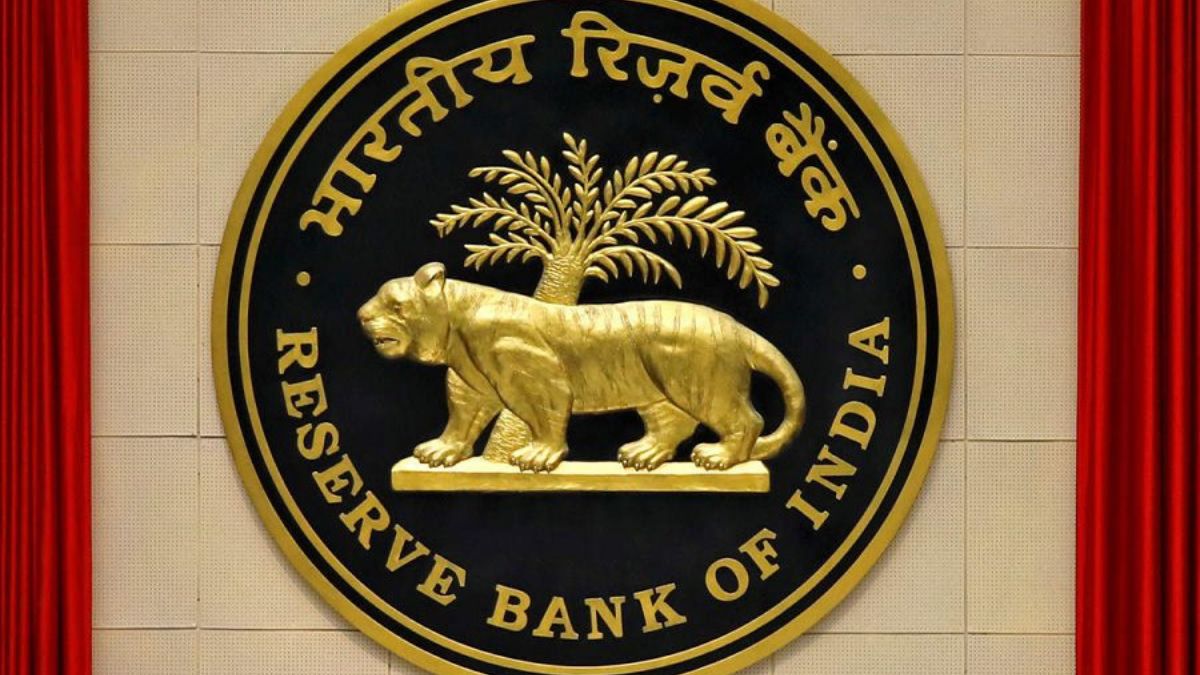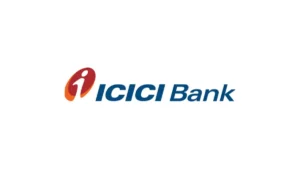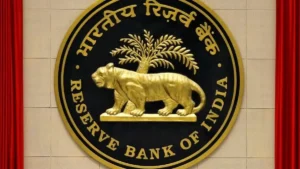In a major pro-business move, the Reserve Bank of India (RBI) has barred all banks and Non-Banking Financial Companies (NBFCs) from levying prepayment penalties on floating rate loans availed by Micro and Small Enterprises (MSEs). This directive, applicable from January 1, 2026, aims to enhance access to affordable credit and encourage greater transparency and competition in the small business lending sector.
Why in News?
On July 3, 2025, the RBI issued a notification directing regulated lenders to eliminate prepayment charges on floating rate loans to micro and small businesses, addressing widespread grievances and restrictive practices observed during supervisory reviews.
Objective of the Directive
- To facilitate easy and affordable financing for Micro and Small Enterprises (MSEs).
- To eliminate unfair practices that discourage loan refinancing or switching to better terms.
- To strengthen transparency and borrower rights in the lending ecosystem.
Key Points of the RBI Directive
- No prepayment charges will be allowed on floating rate loans sanctioned or renewed on or after January 1, 2026 for MSEs.
- Applies to banks and NBFCs (Non-Banking Financial Companies).
Exception,
- Small Finance Banks (SFBs)
- Regional Rural Banks (RRBs)
- Tier-3 Urban Cooperative Banks
- State and Central Cooperative Banks
- NBFCs in the middle layer
- These already cannot charge prepayment fees for loans up to ₹50 lakh.
- In cash credit/overdrafts, borrowers will not face prepayment fees if they inform lenders beforehand and close accounts on due dates.
Background
- RBI’s decision follows divergent practices observed among lenders.
- Some institutions used restrictive clauses to prevent borrowers from shifting to better lending options.
- Customer complaints and contractual disputes prompted regulatory intervention.
- RBI had earlier removed prepayment penalties on retail loans.
Significance
- Encourages financial mobility and empowers small businesses to refinance at lower rates.
- Promotes a healthy competitive environment in the credit market.
- Strengthens India’s financial inclusion goals and supports economic resilience of MSEs.
- Aligns with RBI’s broader mission to streamline and democratize credit access.



 PhonePe Launches AI-Powered Natural Lang...
PhonePe Launches AI-Powered Natural Lang...
 ICICI’s New Swasthya Pension Scheme: A S...
ICICI’s New Swasthya Pension Scheme: A S...
 RBI’s New Rulebook: UTI Required for All...
RBI’s New Rulebook: UTI Required for All...








